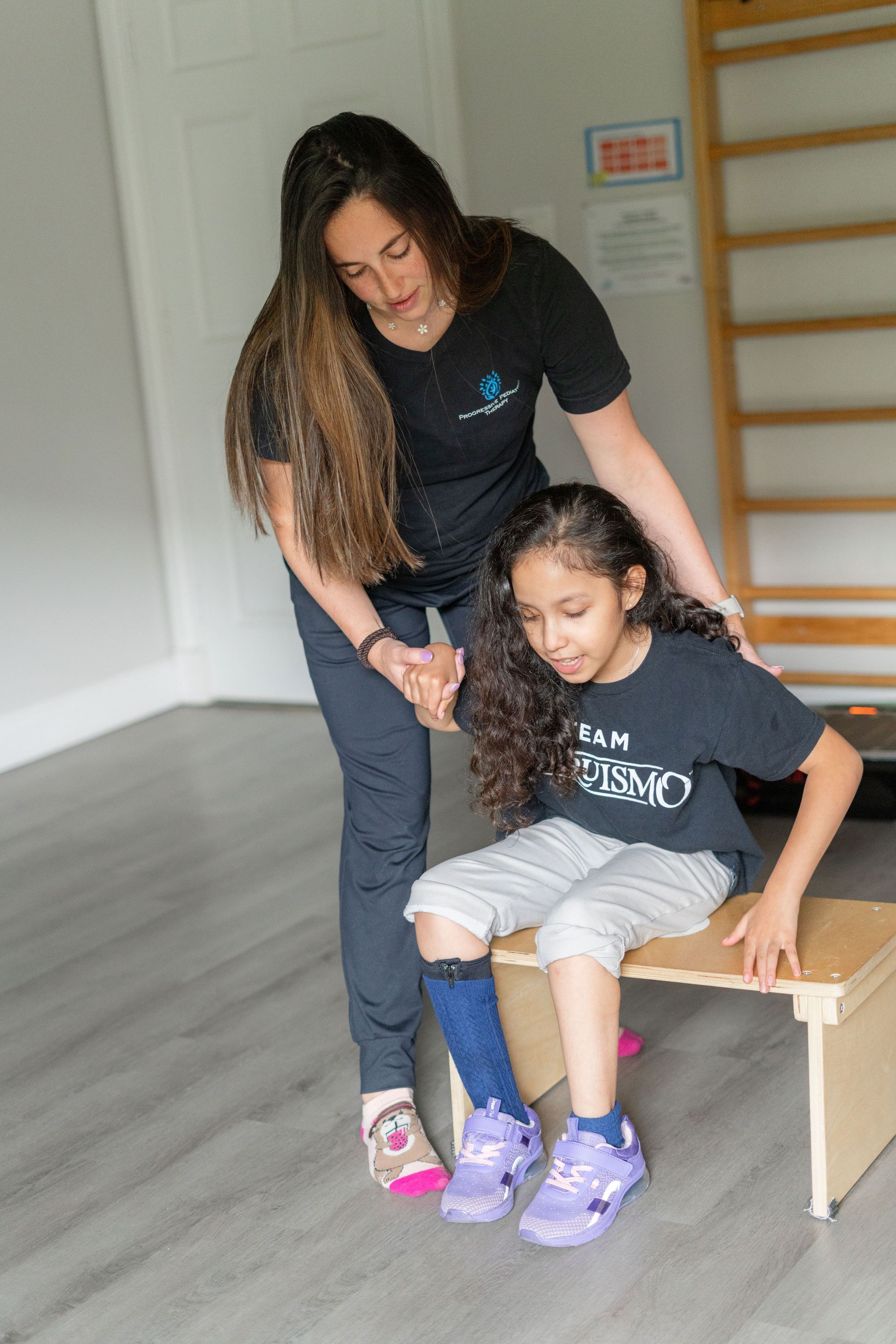Your Clinic
SET A LOCATION
Your Clinic
SET A LOCATION

This is a lesser-known eating disorder compared to anorexia or bulimia. It is known by its English acronym ARFID (Avoidant/Restrictive Food Intake Disorder). ARFID is characterized by very limited eating, either due to avoidance of certain tastes, textures, colors, smells, or an intense fear of the consequences of eating (such as choking or vomiting). ARFID is not related to body image or a desire to lose weight. ARFID affects the child’s social life—it’s not simply a phase of being a “picky eater.”
There is no single cause, but some risk factors include:
Feeding therapy is a specialized intervention that helps children develop a healthier relationship with food. We find the best approach through occupational therapists and/or speech-language pathologists who also work with children with feeding disorders. We use strategies to reduce anxiety, gradual exposure, sensory desensitization, development of oral-motor skills, and family education and involvement. This process is not fast—it is gradual and requires patience, consistency, and emotional support.
At Progressive Pediatric Therapy, we understand how difficult feeding challenges can be. Our team is trained to support children with ARFID through individualized and compassionate therapy plans. Whether your child needs help with exposure to new foods, oral-motor skills, or sensory support, we are here to support you every step of the way.
Contact us to schedule an evaluation with one of our specialized pediatric therapists.
For more therapeutic tips, kids’ activities, and family resources, follow us on social media!









We empower children, families, and the community to learn, grow, and celebrate every child's unique abilities.
Quick Links
Contact Details
Phone: 561-376-2573 | 561-918-0190
Fax: 561-218-4939
VIP Concierge: 561-717-1764
Clinic Locations
All Rights Reserved | Progressive Pediatric Therapy, Inc. | Privacy Policy | Terms of Service
Site by Spearlance